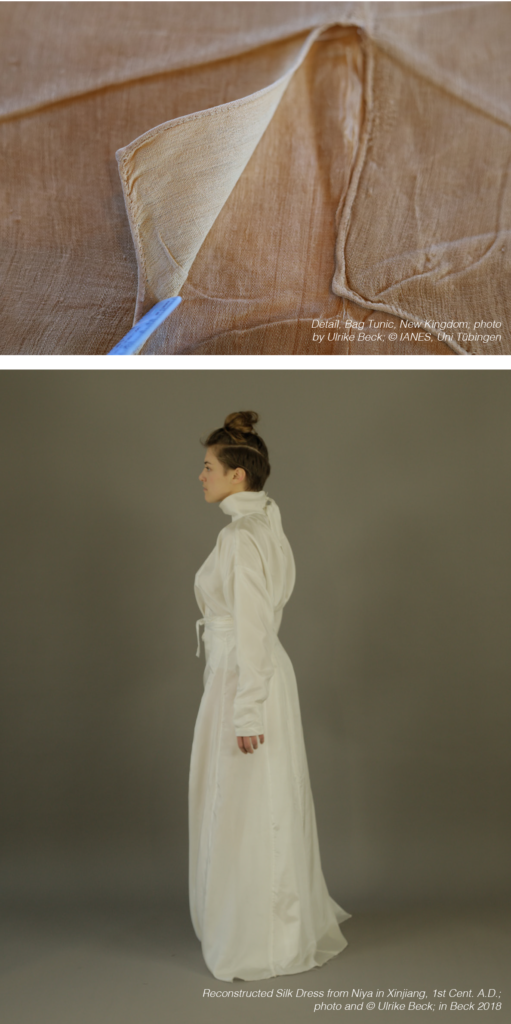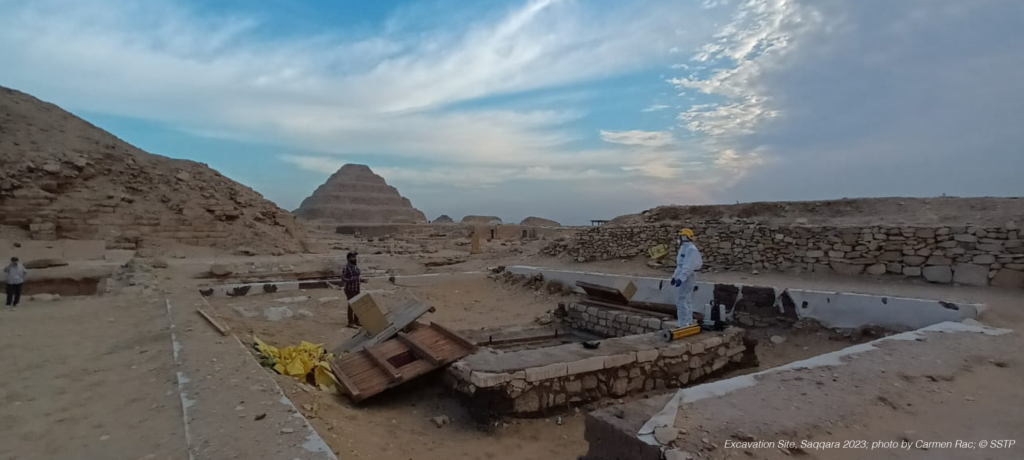Day 3 — Thursday, November 9th
Methodological Standards, Data Digitalization & Structuring: What can we learn about Clothing & Society through Data Digitalization & even AI Learning?
Producing clothes is a complex task that almost always includes an impressive fusion of diverse skills, elaborate strategies and creative thoughts. Consequently, a vast amount of wide-ranging information is archived in the material culture and other relevant sources related to the many functions of clothing and clothing production. However, carefully and systematically extracting those data from the sources is just the beginning. How can we structure the collected data to gain those interesting hidden insights that go far beyond an individual object or a specific group of sources? How can we create methodological and systematical standards to interlink our data? And how can we create adaptable and expandable structures to analyse, understand, communicate and exchange relevant information? This Track explores how to structure, digitalise and interlink data efficiently and, by doing so, to learn how to problem-solve, think creatively, and ask meaningful questions.

Furthermore, it intends to discuss how to wire data and our thoughts by extension. The keynote about the language of clothing and its sophisticated landscapes between poetry and mathematics will start on the third day and shed light on the multiple dimensions of dress in relation to the moving body.
Further, we will explore textiles and their archived data from different viewpoints, presenting methods like scientific reconstruction, CT imaging and capturing motion, as well as giving the clothes extended context embodied in their materiality through various methodological approaches and perspectives.
PROGRAMME
10:15 – 10:30 (CET) – Opening by Martin Jess
10:30 – 11:00 (CET) – Keynote Lecture by Ulrike Beck: Landscapes between Poetry and Mathematics: Decoding and Systemizing the Language of Clothing
11:00-11:30 (CET) – Malu Lücking: The challenges faced by designers in contributing to circular textile solutions based on a down-to-fibre recycling approach
Break
13:00 – 13:30 (CET) – Lightning Talk by Martin Jess and Ulrike Beck: The Future of Our Collective Memory: Archived Knowledge and Data Science As an Interdisciplinary Dialogue
13:30 – 14:00 (CET) – Audrey Gouy: The Motion Capture of Dress
14:00 – 14:30 (CET) – Magdalena Grela-Chen: The spirit of great China embodied in the mamian skirt
Break
15:00 – 15:30 (CET) – Georgia Gould: Dress is in the Details: reconstructing textile decoration as an educational tool for museum and exhibition displays
15:30 – 16:00 (CET) – Emma Marentette: Looking inside the layers: A case study examining the use of CT in textile conservation
16:00 – 16:30 (CET) – Discussion and Closing Session
